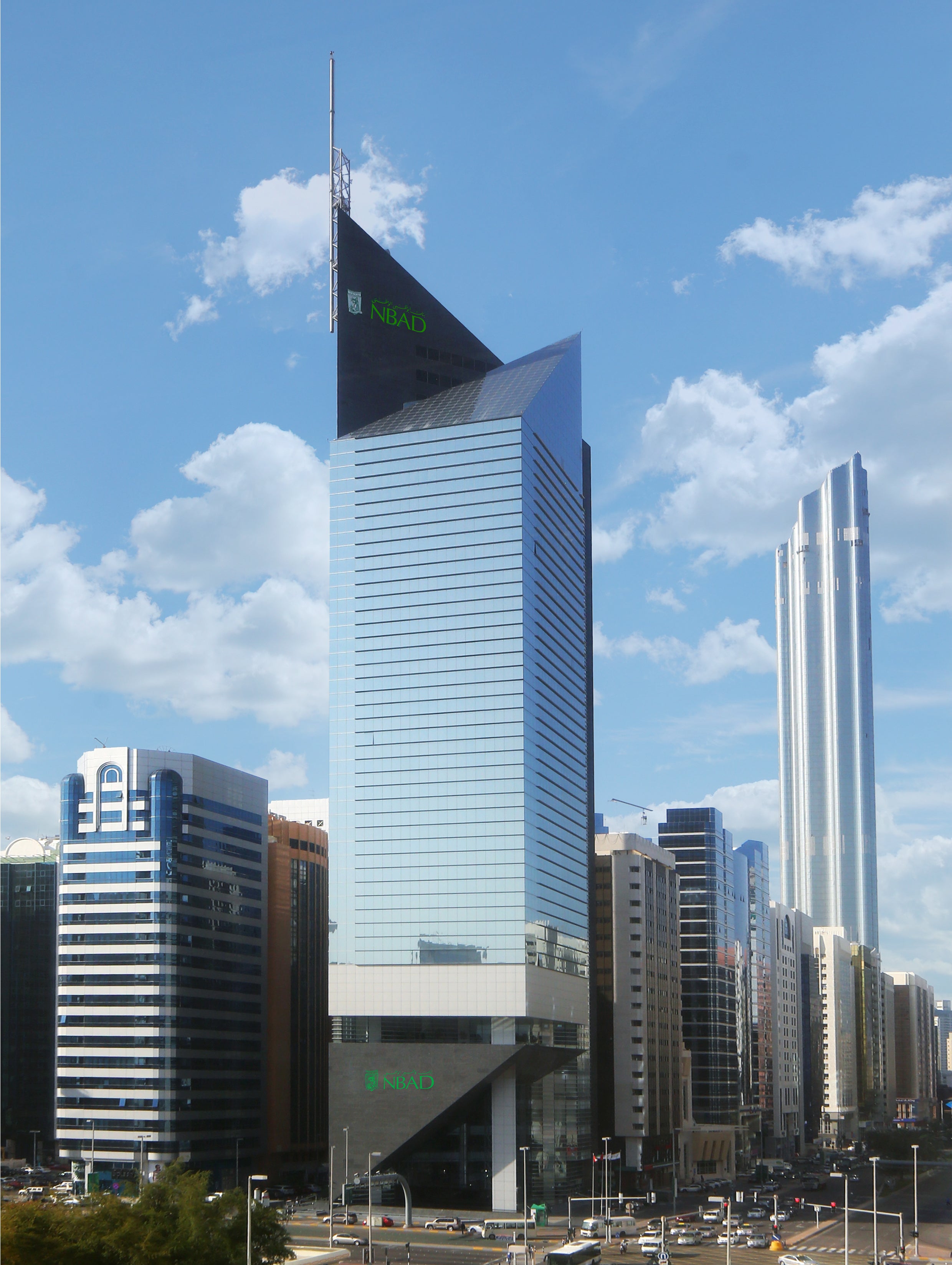Thinking Ahead: NBAD CEO Alex Thursby On Sustainable Businesses In The Middle East National Bank of Abu Dhabi (NBAD) announced in January a commitment of US$10 billion over the next decade dedicated to projects focused on "environmentally sustainable activities."
You're reading Entrepreneur Middle East, an international franchise of Entrepreneur Media.

Aiming to curb the funding gap for sustainable businesses, the National Bank of Abu Dhabi (NBAD) announced in January a commitment of US$10 billion over the next decade dedicated to projects focused on "environmentally sustainable activities." Citing the 2015 Financing the Future of Energy report, commissioned by NBAD from the University of Cambridge and PwC and in collaboration with Masdar, over the next 20 years, an estimated $48 trillion will be needed to meet global energy demand, "with renewables playing a critical role in the energy mix of the future." Alex Thursby, NBAD Group CEO, explained that the institution's move is a first in finance in the GCC, and the wider region. "We want to be the leading regional bank in sustainable business and join the same platform as the handful of international banks that have made similar commitments. No other bank in the region has set a such a target."
In conversation with Alex Thursby , Group CEO, NBAD:
What type of "transformative projects" might qualify for NBAD's support?
"NBAD's newly launched sustainable business practice is open to the areas set out in the Green Bond Principles issued by the International Capital Market Association (ICMA). They include energy efficiency programs such as retrofitting energy management systems to make buildings operate more sustainably, green real estate development with reduced power and water consumption, clean transportation that promotes modal shift from road to rail, sustainable water management, sustainable waste management, decarbonizing technologies, climate change adaptation, as well as renewable energy projects."

"At this stage of the industry's evolution, we see the majority of sustainable business activity being driven by larger corporates and government sponsored schemes. There may be some flow down to the SME sector, but from a financing perspective our banking response tends to be focused on tailored financial products for our clients, so as of today the scale is more suitable to larger projects. However, we think that private enterprise and the SME sector will ultimately become a driving force in the implementation of sustainable business across the Middle East, as it has been elsewhere. Once that has materialized, we will be better able to offer widespread support also to the SMEs involved in sustainable business."
Currently, the shift towards supporting innovative businesses and entrepreneurs that contribute to sustainability is a very pervasive topic in the GCC . Why has NBAD committed to this route?
"We are committing to supporting sustainable business because we think that environmental considerations and sustainability will be one of the enduring forces shaping the business world of the future and we can see significant opportunities for the bank. In fact, over 20% of our large corporate clients are already active in sustainable business so to this extent, we are responding to their needs but in a more focused and specific way going forward. The data from the Financing the Future of Energy report 2015, that we have commissioned from the University of Cambridge and PricewaterhouseCoopers, as well as our own analysis, tell us that there is a large pool of profitable businesses to target. The demand for energy is huge in the region and we know already that renewables will form a material part of that: the UAE government alone has committed to AED72 billion to renewable energy by 2021. So we see economically viable projects supported by strong government policy commitments and our core clients transacting more sustainable businesses on a commercial basis across the West to East Corridor."

"Nathan Weatherstone has a deep expertise in project finance and public private partnership (PPP), with extensive background in power, transportation, social infrastructure and sustainability related industries. He was also closely involved in the publication of NBAD's Financing the Future of Energy report. Mr. Weatherstone joined NBAD from PricewaterhouseCoopers (PwC), where he served as a director leading PwC's project financing. We are very proud to have him on board, to build and lead the new business practice. From a corporate sustainability perspective, NBAD has maintained a top three position in the Hawkamah sustainability index for the last four years and is the first UAE bank to commit to the Equator Principles, the global benchmark that obliges us to follow international best practices when it comes to environmental and social analysis and risk evaluation. What we want to do, now, is to expand this into a way that we interact with our clients from a business perspective."
Related: Oil Price Fall A Major Complication In Global Economy, Says NBAD Report










